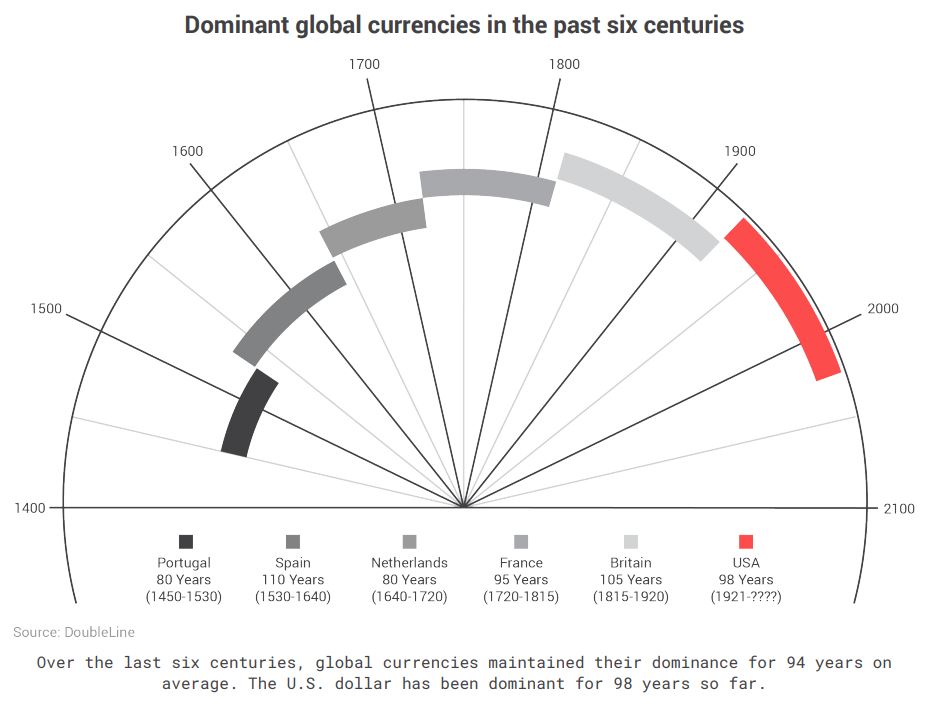 Insights, analysis and must reads from CNN's Fareed Zakaria and the Global Public Square team, compiled by Global Briefing editor Chris Good
January 24, 2020 Fareed: Across the World, Trumpism Has Been Normalized President Trump's speech at the World Economic Forum in Davos, Switzerland "went over relatively well," Fareed writes in his latest Washington Post column. "That's partly because Davos is a conclave of business executives, and they like Trump's pro-business message. But mostly, the president's reception was a testament to the fact that he and what he represents are no longer unusual or exceptional. Look around the world and you will see: Trump and Trumpism have become normalized."
Is the World Ready for a Major Outbreak? The Wuhan coronavirus outbreak is testing China's governance system, after the criticism Beijing received in 2003 over SARS: China's initial response has "underlined one of the ongoing problems with the authoritarian strictures of the party-state, which places a premium on the control of information in the name of maintaining stability," writes Richard McGregor of the Lowy Institute. "[L]ower-level officials have no incentive to report problems until Beijing allows them to do so. Under the rule of Xi Jinping, such restrictions have only grown tighter."
Putin's WWII Revisionism Two notable things have happened in Russia of late, George Friedman writes for Geopolitical Futures: President Vladimir Putin reconfigured the country's power structures, for one, but he has also "made a series of statements that Poland started World War II, and that the Hitler-Stalin pact was forced on Russia by British and French deals with Germany."
Why is this important? While it may have the effect of pinning World War II on liberal democracies (and thereby undermining their "claim to moral superiority"), Friedman theorizes about a larger game: strengthening the case to pull Belarus closer and maybe even integrate it into Russian territory, concerns of which the The Moscow Times and Foreign Policy have noted. Belarus sits as a buffer between Russia and Poland (a NATO member), and Friedman supposes Putin may be trying to cast Poland as a "historical aggressor," creating a useful foil in the case of war and delivering an oblique warning to Poland and the US that it's not "out of the question." How Long Will the Dollar Stay on Top? As Morgan Stanley's Ruchir Sharma recently told Fareed, the 2010s were America's decade, financially—but you never know what will happen in the future. A November paper by Enea Gjoza of Defense Priorities highlights that uncertainty, detailing the cost of America's "financial warfare"—the ever-expanding US sanctions that in some cases have prompted European allies to look for a way around them—and asking if President Trump's economic hardball might erode the dollar's position as the world's reserve currency.
Dating back to the 1400s, globally "dominant" currencies have stayed on top for an average of 94 years, Enea notes—and the dollar, at 98, has gone past regulation time:  Credit: Defense Priorities US sanctions affect third parties—they effectively ban friendly countries, and their firms, from doing business with certain entities—but even if that rubs allies the wrong way, the dollar isn't on the verge of fading, CSIS Senior Vice President and former US Treasury official Matthew Goodman tells the Global Briefing. "I don't think the end is nigh four years from now," he says, noting that the dollar has broad structural advantages in America's political stability, strong rule of law, borders open for finance, and deep and liquid capital markets. It's "still incredibly hard to knock the dollar off its perch," Goodman says, "in spite of everything—and I acknowledge there's a lot of everything."
Despite Europe's INSTEX mechanism, China's own RMB-based payments system, and the rise of digital currencies (which IMF Chief Economist Gita Gopinath recently downplayed in a Financial Times op-ed), it seems the dollar is here to stay. 100 Seconds to Midnight Founded in 1945 to keep an eye on nuclear danger, The Bulletin of the Atomic Scientists has moved its "Doomsday Clock" to 100 seconds until midnight—20 seconds closer than last year, and the closest it's ever been—listing (as the main risks of Armageddon) nuclear war, climate change, and (a 2019 addition) the emergence of disinformation and cyber warfare, which "undercuts society's ability to respond" to the first two. "Agreement on facts is essential to democracy and effective collective action," but it's in short supply. None of those warnings are encouraging, although as Marie Danielle-Smith writes for Maclean's, we could simply ignore them: As she puts it, "life is a little breezier when you're in denial." Copyright © 2020 Cable News Network, Inc. A WarnerMedia Company., All rights reserved. Our mailing address is: What did you like about today's Global Briefing? What did we miss? Let us know what you think: GlobalBriefing@cnn.com Sign up to get updates on your favorite CNN Original Series, special CNN news coverage and other newsletters. |
Friday, January 24, 2020
Fareed: Across the World, Trumpism Has Been Normalized
Subscribe to:
Post Comments (Atom)


No comments:
Post a Comment